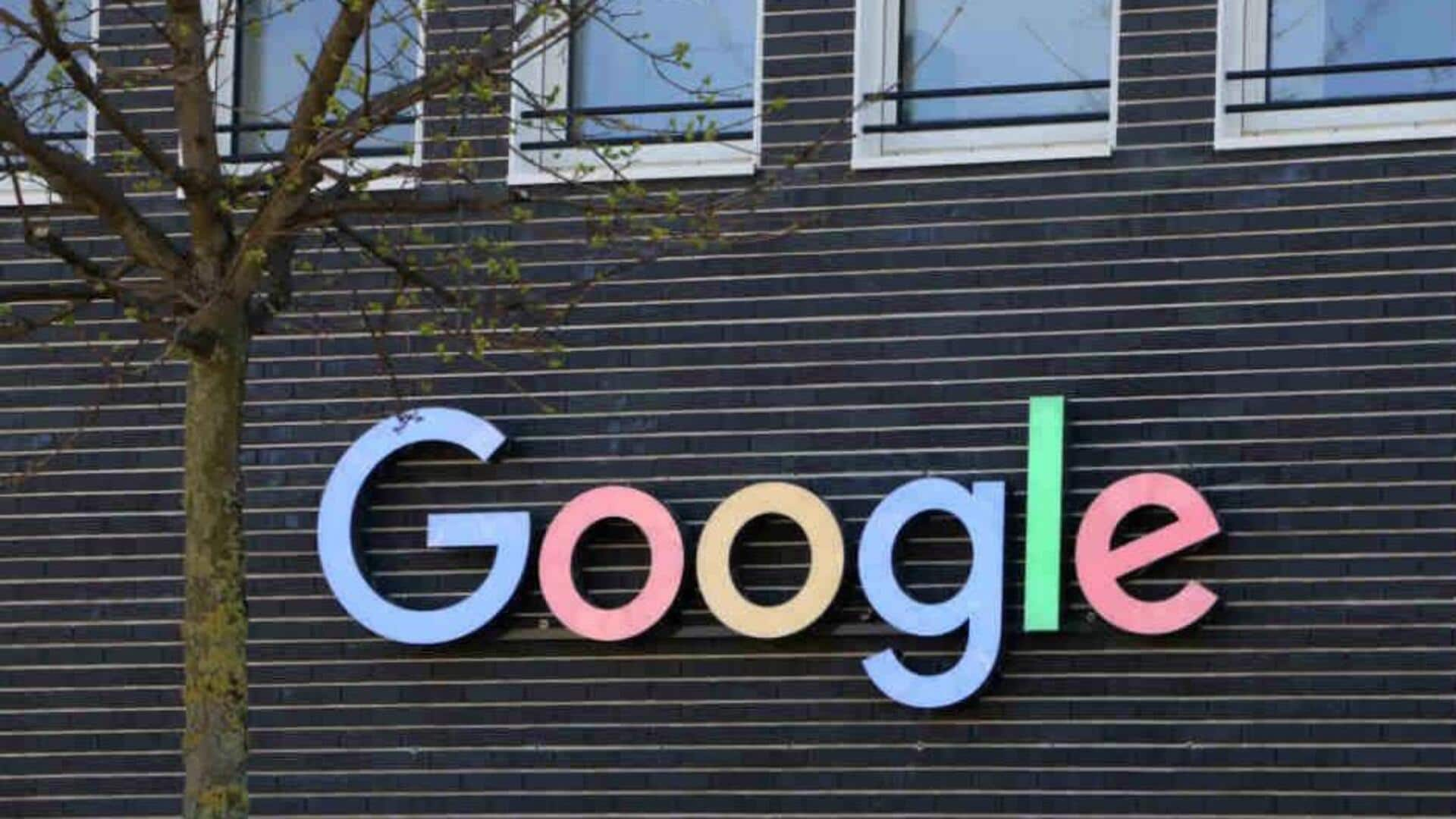
EU slaps $3.5B antitrust fine on Google for self-preferencing
What's the story
Google has been hit with a €2.95 billion ($3.45 billion) fine by European Union regulators for violating the bloc's competition rules. The penalty comes after an investigation found that the tech giant favored its own digital advertising services over competitors, online advertisers, and publishers. This is the fourth antitrust penalty against Google in recent years and comes amid rising tensions between the US and EU over digital regulations imposed on Big Tech companies.
Compliance demand
60 days to propose remedies
The European Commission has also ordered Google to stop its "self-preferencing practices" and take steps to avoid "conflicts of interest" along the advertising technology supply chain. The company has been given 60 days to propose remedies. If it fails to do so, the Commission warned that it would not hesitate to impose an appropriate remedy.
Legal challenge
Google to appeal against EU's decision
In response to the EU's decision, Google has announced its intention to appeal. Lee-Anne Mulholland, Google's Global Head of Regulatory Affairs, said in a statement that "the European Commission's decision about our ad tech services is wrong and we will appeal." She added that "there's nothing anticompetitive in providing services for ad buyers and sellers," and claimed there are more alternatives to their services than ever before.
Market abuse
Investigation found that Google's practices led to higher marketing costs
The European Commission's investigation found that Google "abused its power" by favoring its own online display advertising technology services. This was to the detriment of competitors, online advertisers, and publishers. The Commission said Google's illegal practices led to higher marketing costs for advertisers, which they likely passed on to European consumers through higher prices for products and services.
Potential divestment
European Commission suggested divestiture as only solution
The European Commission had said in 2023 that the only way to satisfy antitrust concerns about Google's lucrative digital ad business was to sell off parts of its business. This comes after past cases that ended with fines and requirements for Google to stop anti-competitive practices have not worked, allowing the company to continue its behavior in a different form.